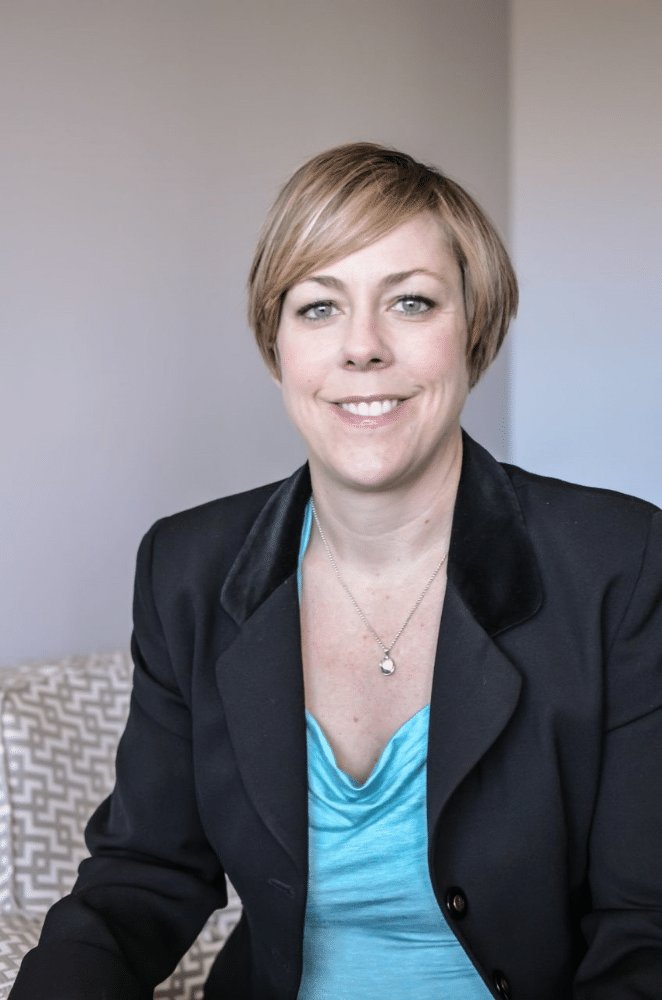The past two weeks have been an emotional roller coaster, starting with the visceral rage and anguish from yet another black man mercilessly killed, crying out “Mama!” while a white cop kneels on his neck, his hands casually in his pockets. Then excitement and hope at the overwhelming outcry across the world, demanding racial justice and an end to police brutality. Embedded inside my reaction to external events sits the uncomfortable feelings of guilt and despair as I contemplate my own complacency in challenging white privilege. Among my friends and colleagues, conversations about social justice, race, and unpacking white privilege in the therapy room have been frequent and raw at times. There is an energy burning all over right now. It is critical that we catch this momentum and turn this energy into action.
Contemplating my own role in fighting racism societally, exploring how racism manifests in myself, and how white privilege benefits my own life led me to reflect on my own in-action, though racial equality is something I would profess is very important to me. From the conversations I’ve been having with friends and family, I believe a great many of us are in the same place: devastated, but not taking action yet. And I thought, what if we could move this great mass of people into the “action” phase of the Stages of Change Model.
For a bit of background: the Transtheoretical or Stages of Change Model was developed by Prochaska and DiClemente in the 1970s, and has been applied widely and successfully in changing health behaviors. The model suggests that change, instead of occurring quickly and decisively, takes considerable time and occurs through a series of stages. Briefly, the stages are precontemplation: people in this stage are not really considering change; contemplation: in this stage people are aware of need for change and plan to do so in the next six months, but are still highly ambivalent; preparation (determination): people are making a change in the next thirty days and are making small steps towards the change; action: these are people who have really changed their behaviors; maintenance: these folks have maintained the change for six months and intend to continue; and termination: people in this stage have no more desire to engage in the unhealthy behavior.
I looked at myself through the lens of the Transtheoretical Model to see what stage I would fall in, if fighting for racial justice was the change I wanted to make. I have long believed in the need for changes to the sociopolitical forces that confer unfair advantage to people because they are white, while systematically oppressing communities of color. However, my actual behaviors to support this belief (making donations, signing petitions, signing up for mailing lists) are not indicative of any real change in my behavior. In the last two weeks, my behaviors have shifted to more direct, intentional, and decisive actions. I’ve felt a kind of energy and responsibility that I haven’t felt before, and believe that I am in the process of moving from the contemplation phase into the action phase.
As I felt the determination to take part in the change that must transform systems of oppression, I came across a number of great resources listed below. One, that stood out in particular, was the 21-Day Racial Equity Habit Building Challenge. It provides a structure for beginning to develop effective social justice habits. It offers a plethora of resources to read, watch, and listen to, as well as a variety of exercises to foster reflection and community engagement. But, as energized and excited as I am, one point from the 12-Day Racial Equity Challenge that stood out to me was the critical, necessary step of reflection. As the author states, “action without a vigorous self-education and self-reflection practice can unexpectedly reproduce the very power and privilege dynamics we seek to interrupt in this work.”
I have answered the call to move this great energy within, diving both inward – to explore and confront racism within myself, and outward – to devote my time and resources to social justice causes. I think that a great many of us are in the same place and ready to move toward actions. So let’s catch this moment and take responsibility for change and dig in for the long haul, because sustained and informed effort is needed to begin to deconstruct racism.
Resource Links:







